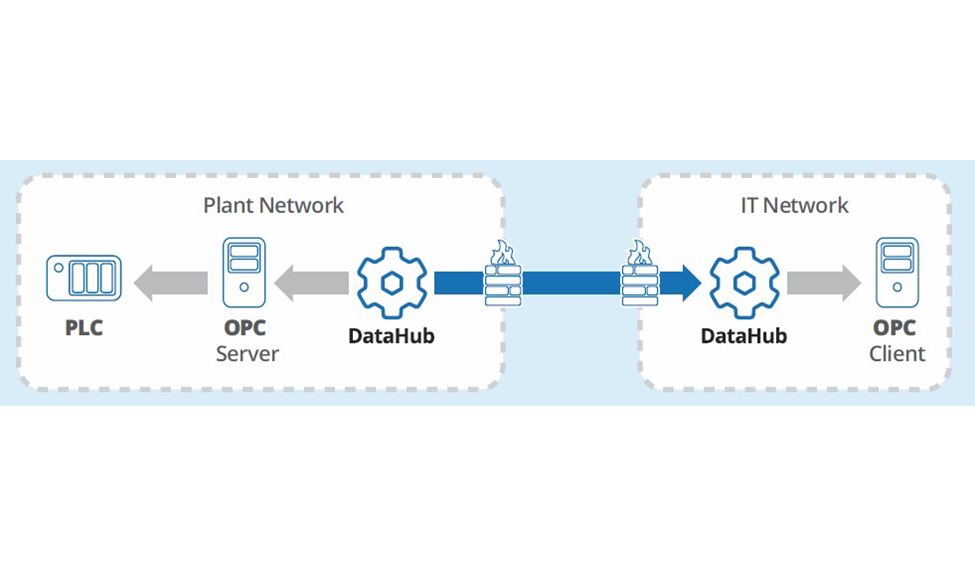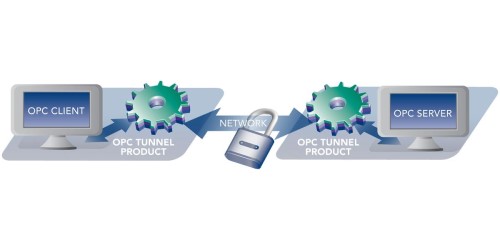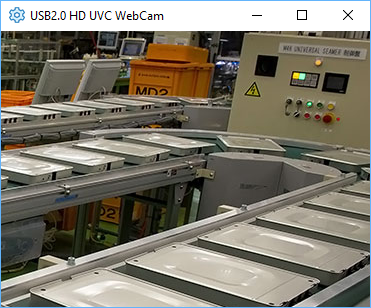Secure data transmission between the Operational Technology (OT) and Information Technology (IT) layers is a critical concern in industrial automation. Traditional methods often expose critical systems to vulnerabilities by opening ports on the OT level when leveraging standard OPC deployments. While OPC UA has streamlined industrial communications by eliminating the complexities of DCOM configuration and its associated security risks, the continued use of open ports still leaves potential vulnerabilities for attackers to exploit.
DataHub Tunneling has often been viewed as just another way to bypass DCOM or an alternative to OPC UA, but it is much more than that. In this blog post we’ll explore four ways Cogent DataHub, a versatile middleware software solution, can address these security challenges by leveraging its advanced tunneling capabilities and more.










